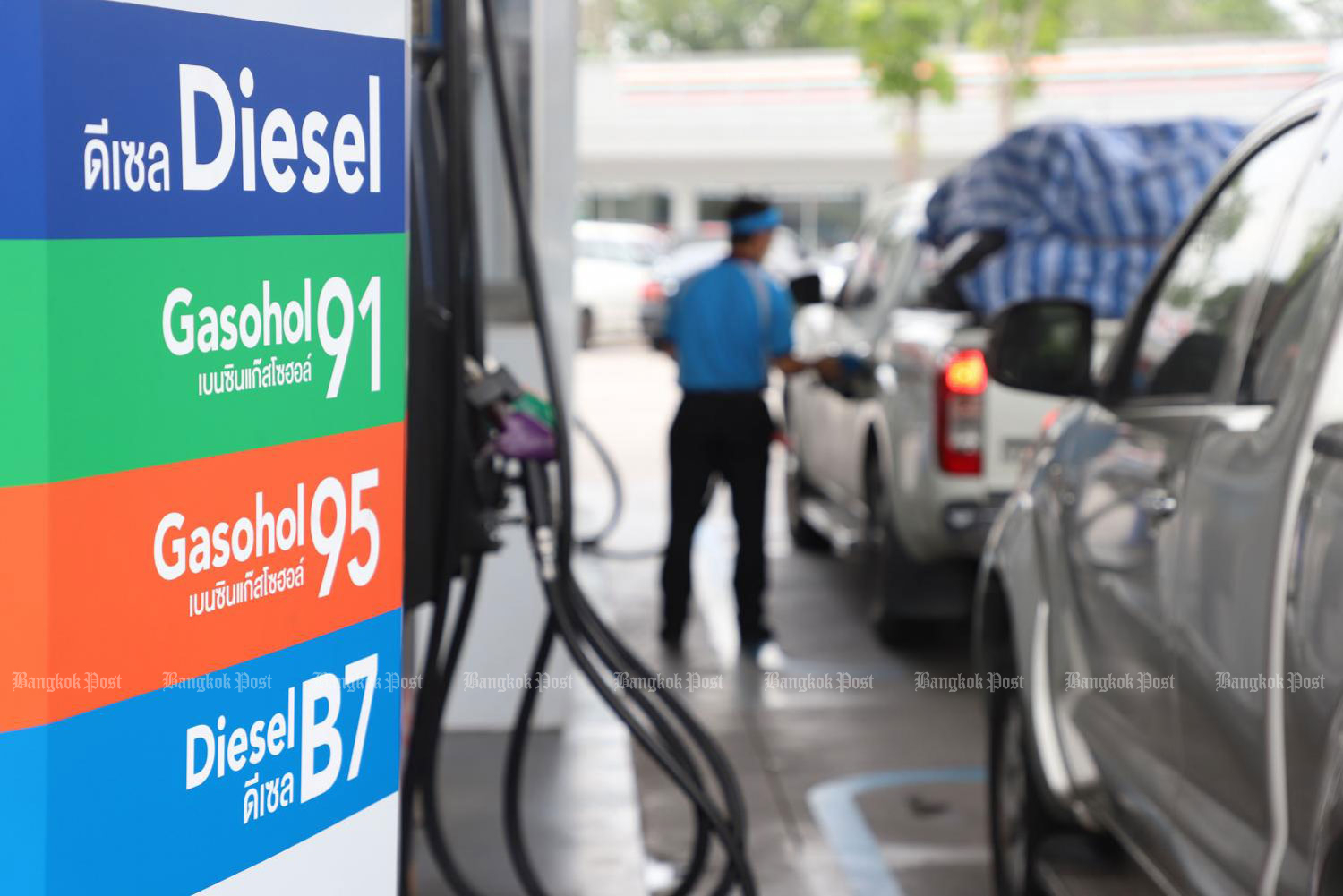
Thai energy consumption is expected to grow by 2.5% to around 2 million barrels of oil equivalent per day (BOED) this year, driven by economic growth projected at 2.5-3%, the Energy Policy and Planning Office (Eppo) said.
Other factors determining energy demand this year include oil prices and foreign exchange rates.
Dubai crude oil reference prices are estimated in a range of US$77-87 per barrel and the exchange rate is projected to be 33.5-34.5 baht per US dollar, according to the office.
Total energy consumption in the country will rise to 2.033 million BOED, up from 1.990 million BOED last year and 1.993 million BOED in 2021, said Wattanapong Kurovat, director-general of Eppo.
Concerning demand for key fuels, Eppo expects the consumption of crude and refined oil to increase by 3.2% to 836 million BOED and demand for natural gas to grow by 5.9% to 813 million BOED.
Coal consumption is estimated to decrease by 5.4% to 322 million BOED.
Demand for hydropower, including imported electricity, is predicted to fall by 13.7% to 62 million BOED.
Mr Wattanapong expects energy prices to remain high through the remainder of this year, though average prices should be lower than last year, with price shocks caused by the Russia-Ukraine war.
The price of liquefied petroleum gas (LPG), used as cooking gas, is expected to remain elevated, though its average price decreased to $479 a tonne in the second quarter, down from $644 a tonne in the first quarter, according to Eppo.
LPG prices should increase to a range of $500-600 a tonne in the fourth quarter as gas demand hikes to keep homes warm during the winter.
In the power sector, the peak electricity consumption in Thailand was recorded at night on May 6 this year. This means authorities should consider installing energy storage systems to supply electricity at night because solar energy cannot generate power at night, he said.
Another solution is to increase electricity generation capacity at the 1,000-megawatt Lamtakong Jolabha Vadhana Power Plant in Nakhon Ratchasima, overseen by state-run Electricity Generating Authority of Thailand, said Mr Wattanapong.
The facility is a pumped-storage hydropower plant. It pumps water from the Lamtakong Dam to store at a reservoir located upstream of the Lamtakong River. The facility can start generating electricity during peak demand hours.
In addition, more electricity supply is needed as the number of electric vehicles (EVs) keeps increasing, said Eppo. Siam Commercial Bank estimated EV sales would rise by 430% to exceed 50,000 units this year and most people charge EVs outside of working hours.